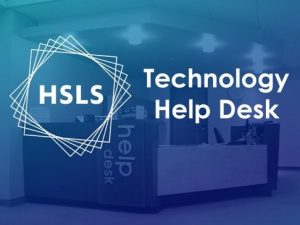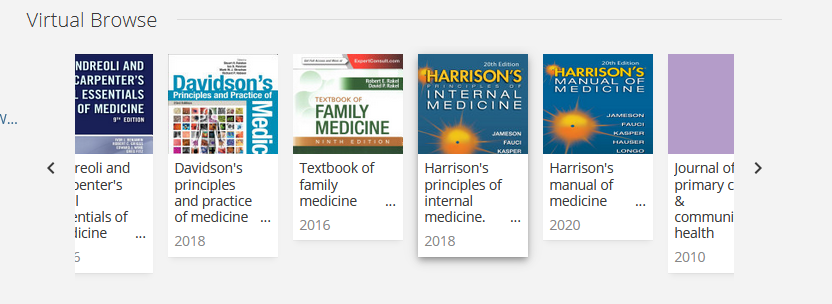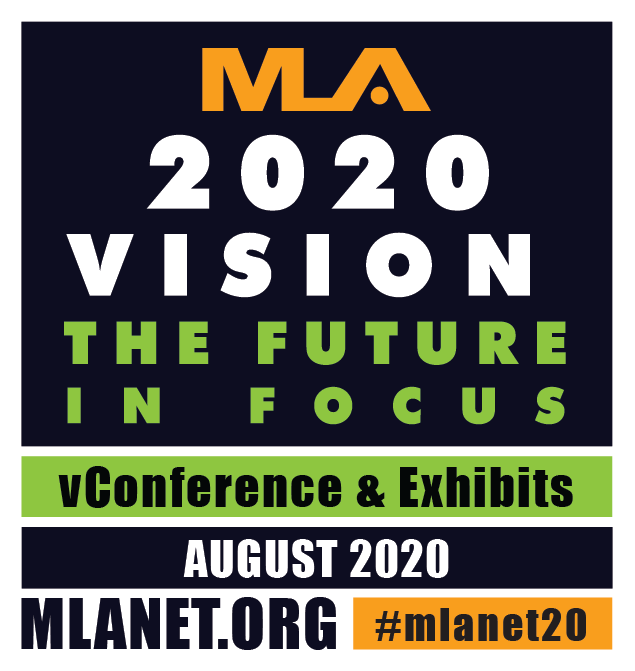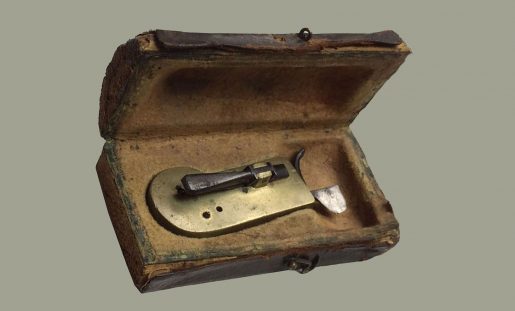All HSLS classes are now offered online through Zoom. Information on how to connect will be sent to registrants.
Basic EndNote, Tuesday, September 1, 3–4 p.m.
Painless PubMed, Friday, September 11, 8–9 a.m.
Introduction to Image Editing: Adobe Photoshop and Illustrator, Friday, September 11, 10–11 a.m.
EndNote for Remote Teams, Monday, September 14, 12–1:30 p.m.
Basic EndNote, Tuesday, September 15, 10–11 a.m.
Introduction to R, Tuesday, September 15, 11 a.m.–1 p.m.
Pitt Resources for Bioinformatics Data Analysis, Wednesday, September 16, 10–11 a.m.
Basic EndNote for Macs, Thursday, September 17, 9–10 a.m.
Painless PubMed, Monday, September 21, 10–11 a.m.
Choosing a Citation Manager, Tuesday, September 22, 10–10:30 a.m.
Genetic Variation, Wednesday, September 23, 10 a.m.–3 p.m.
Introduction to Adobe Illustrator for Diagrams, Wednesday, September 23, 2:30–4 p.m.
Advanced EndNote, Friday, September 25, 9–10:30 a.m.
Introduction to Research Data Management, Friday, September 25, 10–11 a.m.
Basic EndNote, Monday, September 28, 10–11 a.m.
File Naming Best Practices, Tuesday, September 29, 2–3 p.m.
Command Line Basics, Wednesday, September 30, 10 a.m.–12 p.m.
Continue reading →

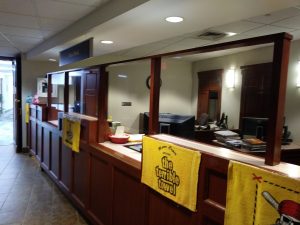 The Falk Library Main Desk has transformed over the past several months to ensure patrons can access our resources and receive library support during the coronavirus pandemic. The Main Desk has reopened with a
The Falk Library Main Desk has transformed over the past several months to ensure patrons can access our resources and receive library support during the coronavirus pandemic. The Main Desk has reopened with a